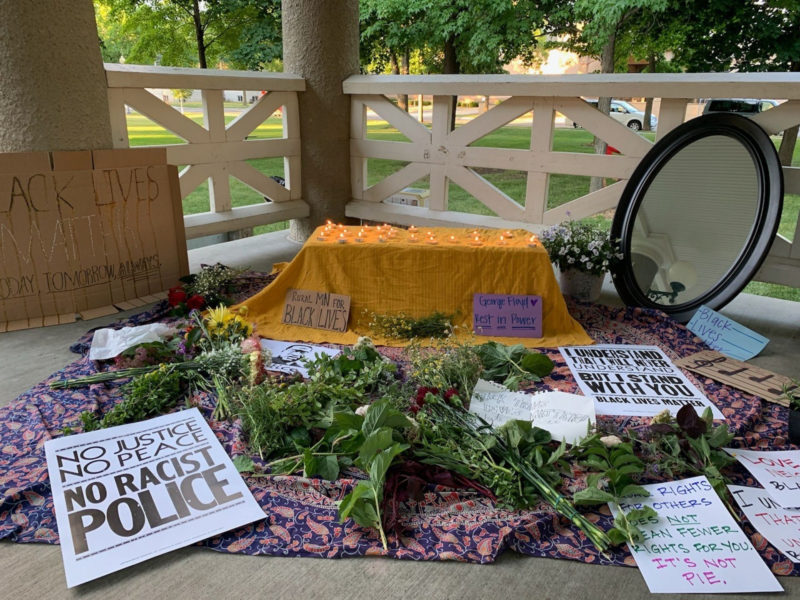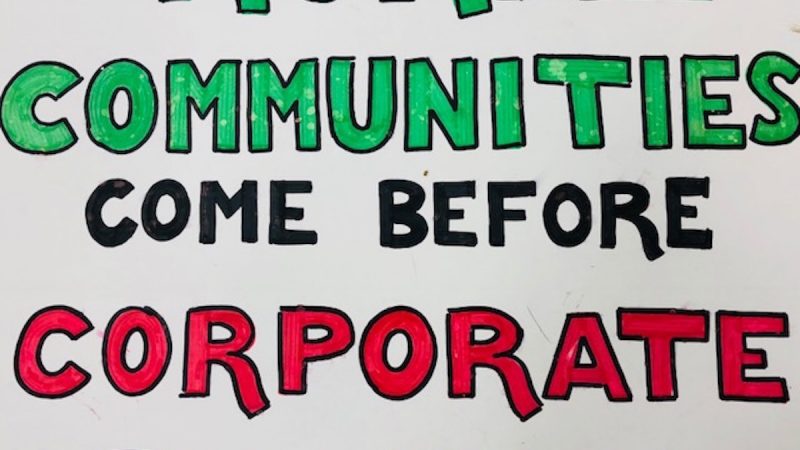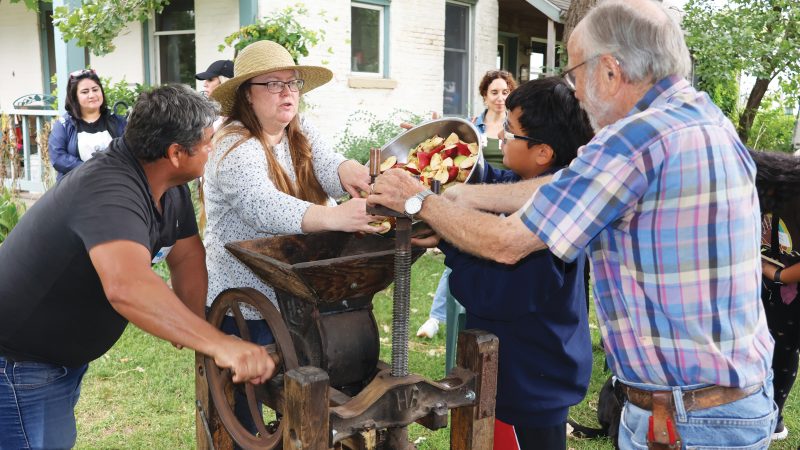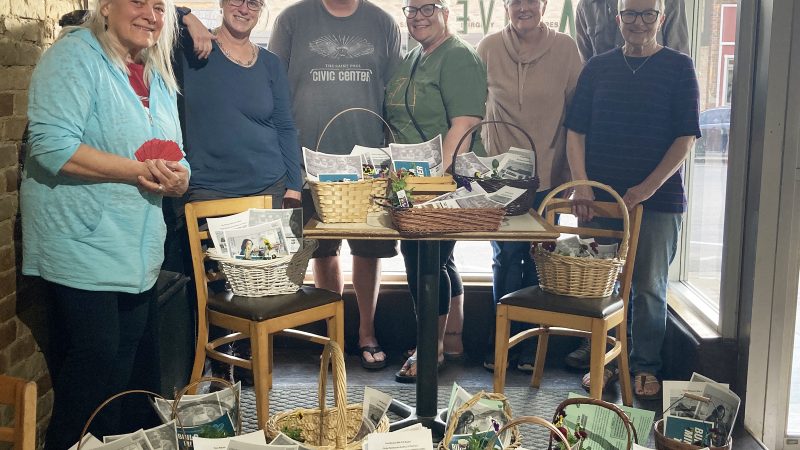The Land Stewardship Project envisions a food and farming system and thriving, healthy communities that work for everyone, no exceptions.

Whether Black or white, immigrant or Indigenous, working class or middle class, queer or straight, man, woman, or non-binary, we all deserve dignified, productive, and creative lives.
Racism, patriarchy, and economic injustice are major barriers to accomplishing the Land Stewardship Project’s mission. Therefore, we must dismantle these systems of oppression and lift up collective liberation so we can all be free to live healthy and vibrant lives together.
As we care for the soil, we participate in the healing of the land. As we work to understand each other and eliminate oppression, we participate in the healing of community. Because we believe people and the land belong together, these aspects of stewardship and healing are inseparable.
Social Justice Reference Document
LSP has developed “Connecting Economic & Racial Justice to Expand a Rural Social Justice Network” as a reference document for any group, agency, or organization looking to establish and grow a social justice network in their locality. This report is also intended to guide other social justice networks through discussions and activities that draw out their values, experiences, and ideas for influencing social change in their communities. To read and download the reference document, click here.
Connecting Economic & Racial Justice to Expand a Rural Social Justice Network
LSP has developed “Connecting Economic & Racial Justice to Expand a Rural Social Justice Network” as a reference document for any group, agency, or organization looking to establish and grow a social justice network in their locality. This report is also intended to guide other social justice networks through discussions and activities that draw out their values, experiences, and ideas for influencing social change in their communities. To download this publication, click here.
Immigration Community Care Resource Page
LSP has developed a resource page for immigrants, allies, farmers, and institutions. On that page, you’ll also find fact sheets on issues such as the contributions immigrants make to the U.S. economy.
- Abigail Hindson reminds us that we need to move beyond fear and white silence to stand up for the common good.
- Dayna Burtness talks about how structural racism is real and that we need to pull together and have a sense of urgency around implementing solutions together.
- Ben Doherty reminds us that when we talk about working to make things better for future generations, we should be working to do that for everybody’s kids and grandkids.
- Eva Barr says, “If we’re committed to diversifying our fields in the interest of building our soil, we need to be committed to diversifying our society on the landscape to save our planet.”


